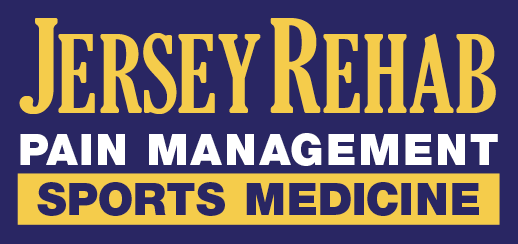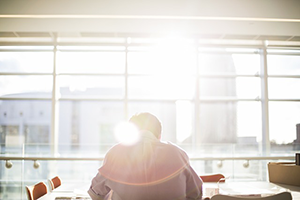Is Sitting the New Smoking?
If you are one of the millions of people that sit behind a desk, in front of a computer, in meetings or on the couch for several hours a day, you could be doing severe damage to your body and your overall well being.
Mayo Clinic Endocrinologist James Levine, MD., Ph.D. refers to sitting as “the new smoking,” comparing the similarities of their detrimental effects on our physical well-being.
Frequent sitting results in stiff, inflexible muscles which store fat instead of turning it into muscle energy. In fact, just one hour of television causes your body to slow it’s production of the fat-burning enzymes by 90%! When the metabolism slows down, our bodies gain weight, leading to whole new set of health issues. Plus, all that sitting also causes your body to lose “good ” cholesterol, HDL – the one that keeps the “bad” cholesterol in check. Your body also reduces its ability to manage insulin when you sit, which could put you at risk for diabetes.
Unfortunately, the problems of extended sitting don’t stop there. Sitting for hours at a time trains muscles to adapt to that body position. Leg muscles may shorten, resulting in aches and pains, as well as balance issues.
Sitting also weakens your bones. Since our bones support our weight, we need to stand regularly to prevent them from becoming brittle and weak.
If you have to sit for extended periods of time, check your posture. Slouching – which we all tend to do – can cause headaches, neck aches and back problems. Sit up straight, Align your shoulders over your hips, and your hips over your knees, feet firmly on the floor. Keep your joints at 90° angles.
What can you do to help stay healthy?
- Every 30-60 minutes, stand up. Walk around your desk, walk to the coffee machine, to the rest room, to the nearby window.
- Stretch or move in place. March, jump, touch your toes, reach for the ceiling.
- Take the stairs instead of the elevator or escalator.
- WALK – even just for 15 minutes a day. You can do it at lunch.
- Isometric exercises – Try movements requiring a little pressure on your bones and muscles: chair leg extensions, hand presses, side bends, etc. It helps to build them up and keep you flexible.
- Stop on your way home – go to the gym, track or walk the mall.
- Walk when you talk – get up when you’re talking on the phone and walk down the hallway, around your desk, into the warehouse.
These simple solutions may actually have a profound effect on your quality of life and may help prevent more serious health complications down the road.

